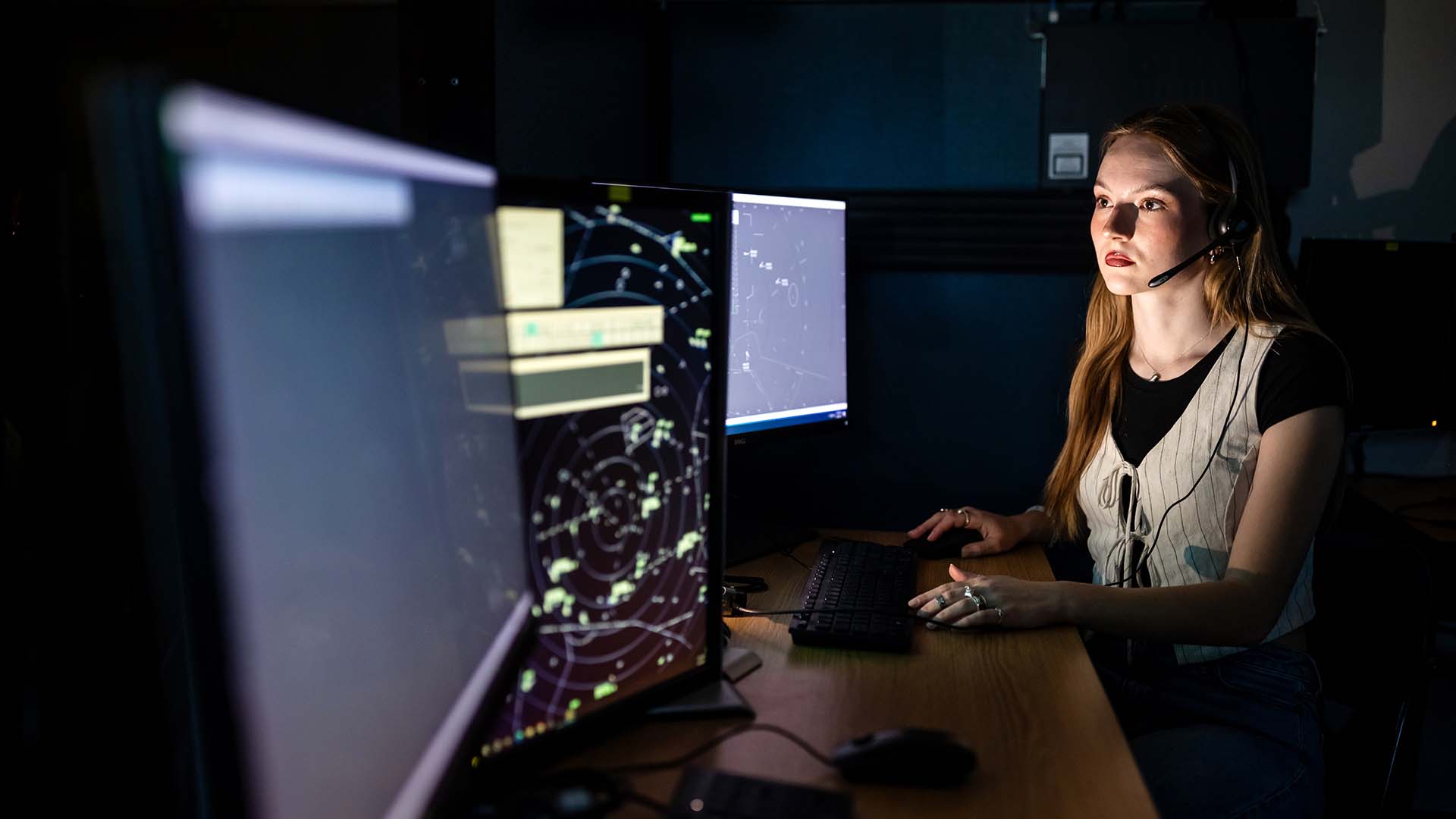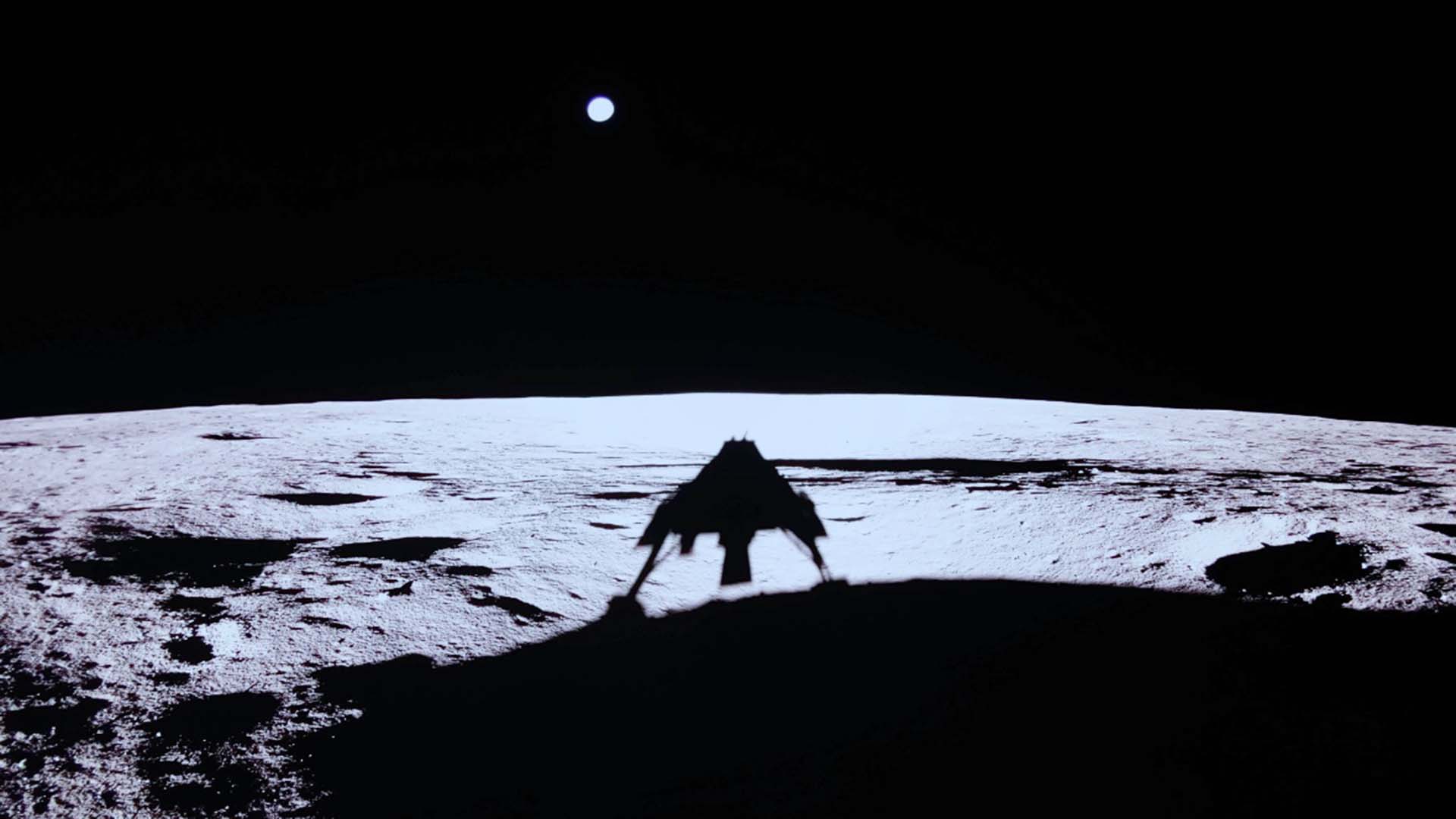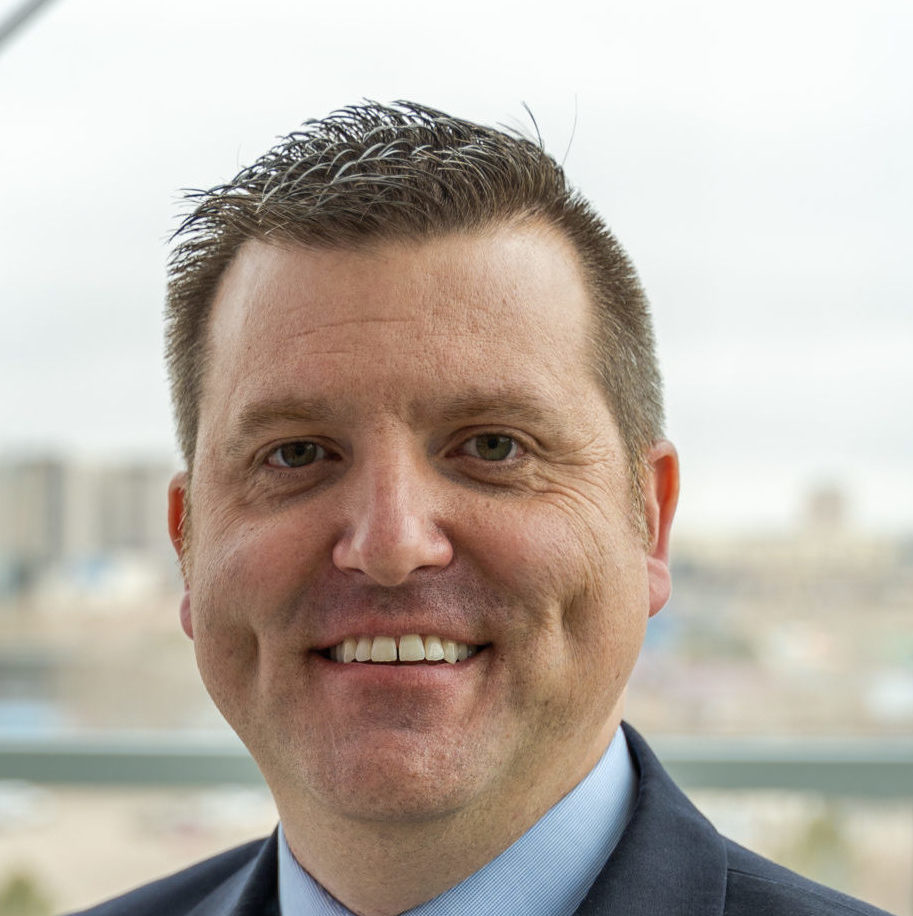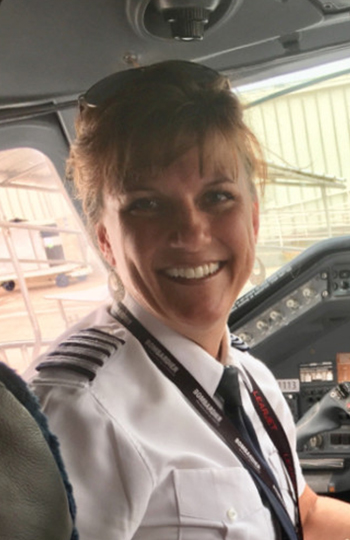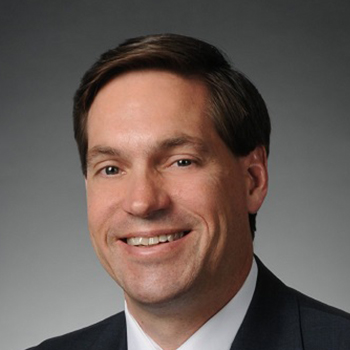Space race propels Colorado careers
Rocket scientist Daniel Strawn talks about his work on a next-generation launch vehicle and offers advice for Aerospace students who share his passion for space exploration.
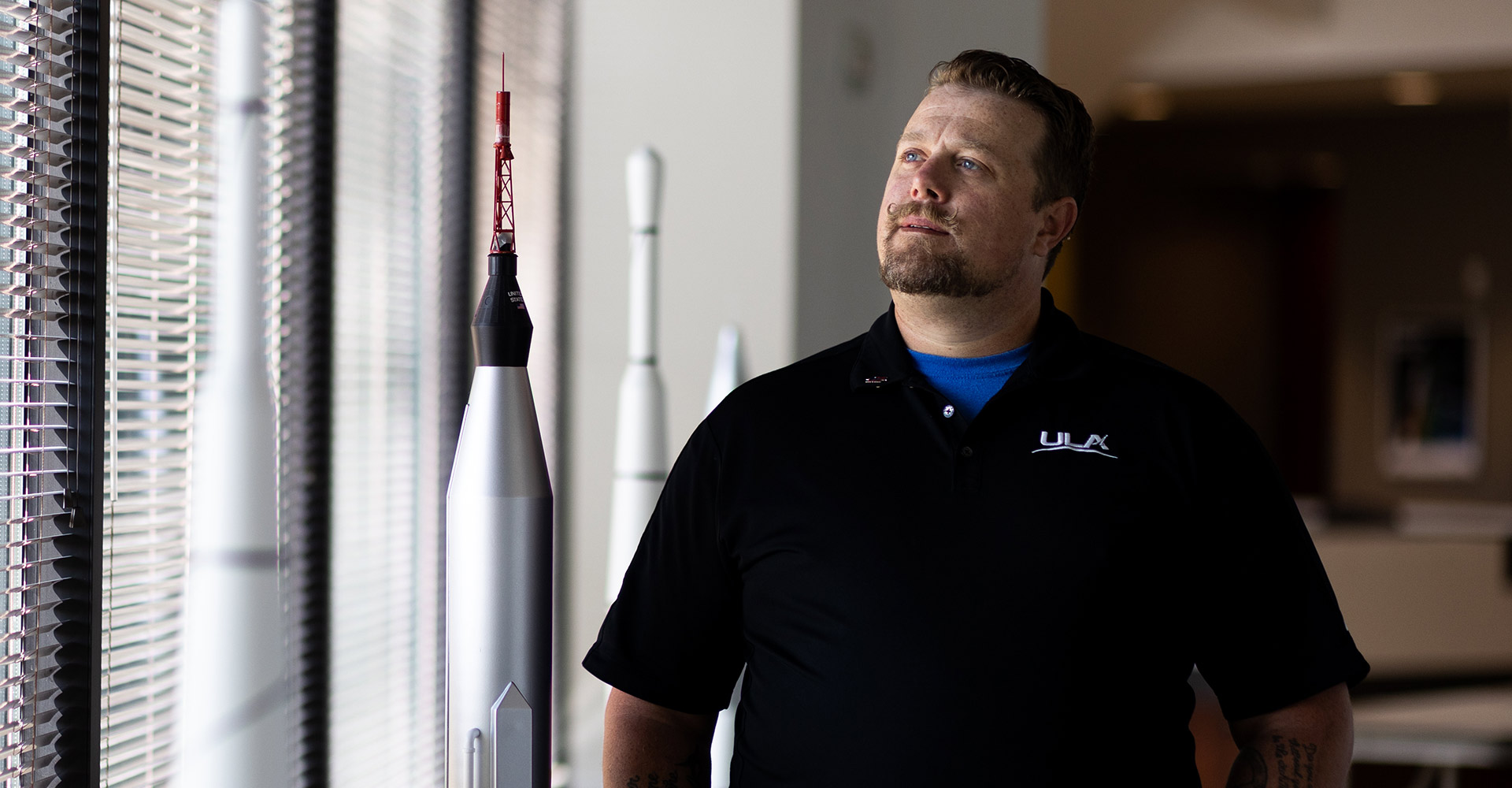
Dan Strawn’s story is one of propulsion — from what was bad in his life toward what was good. Strawn grew up with an abusive stepfather and eventually landed on the streets. Today, he is a key player in the fast-accelerating space race as a systems engineer at United Launch Alliance.
The Centennial-based spacecraft-launch service provider is responsible for the new Vulcan Centaur rocket scheduled to launch the Dream Chaser space plane toward the International Space Station next year.
Strawn, who graduated from Metropolitan State University of Denver in 2014 with an individualized studies bachelor’s degree in Aerospace Systems Engineering Technology, talked with RED about his work, the importance of the private space race to our everyday lives and the demand for workers in his growing field.

What are your thoughts on the private race to space and why the average person should care about space exploration?
It is tremendously exciting to see all of the new missions. We utilize space-based assets every day and barely even think about it. The weather forecast you watch is built on data supplied by weather-sensing satellites. These satellites also provide valuable data to scientists who study the environment and things like climate change, animal migrations, deforestation and many other global concerns. In addition to scientific data, space exploration supports many other things we do not think about often. The navigation systems like Google Maps and Waze all use GPS satellites to help you find your way. Satellites support global internet access and instantaneous communication; they have supported the technological revolution we benefit from in our everyday life.
The other reason why space exploration is important is less tangible. It is to challenge ourselves on our ways of thinking and what is possible. To me, Carl Sagan (the late author and scientist) captured this sentiment best when he commented on an image of Earth from 3.7 billion miles away. He said, “Look again at that dot. That’s us. Our planet is a lonely speck in the great enveloping cosmic dark.” To me, it underscores our responsibility to deal more kindly with one another and to cherish the pale blue dot, the only home we’ve ever known.
What are you working on as part of the Vulcan Centaur rocket project?
My areas of focus are flight termination, separation of solid rocket boosters, structural elements such as fuel tanks and rings for attaching to the first stage and payload systems. This includes shells that protect the payload during ascent and mounting and separation hardware.

What’s your advice for young people considering aerospace careers?
The industry needs people who are passionate about working in aerospace. The skills are in demand. You will be marketable and find opportunities. Also, no one in this industry operates in a vacuum. Make contacts at every opportunity; join or create aerospace peer groups; find mentors in the field you are interested in to guide you. We are here and willing to help guide others who are passionate about working in aerospace.
Anything else you’d like to share about your career path?
I failed algebra in high school. The teacher told me I should consider other options. Do not let one failure or the opinion of small-minded individuals destroy your dreams. If you want it badly enough, you will find a way to make it happen.


